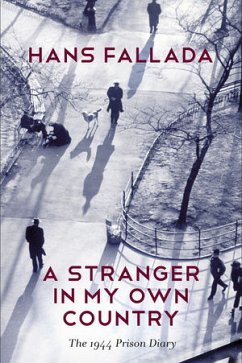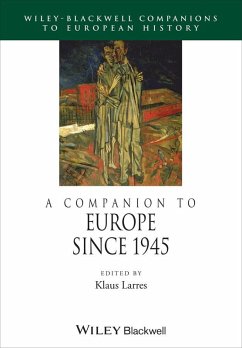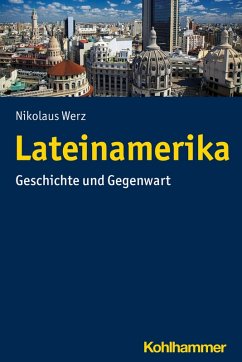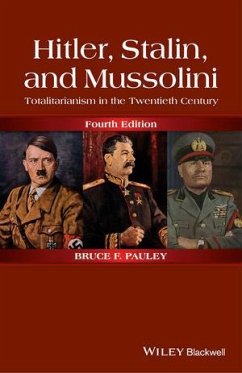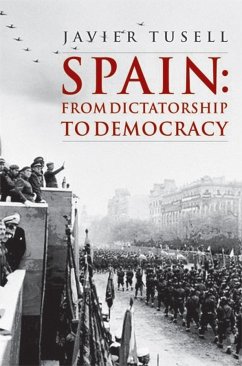
Remembering Katyn (eBook, ePUB)
Versandkostenfrei!
Sofort per Download lieferbar
20,99 €
inkl. MwSt.
Weitere Ausgaben:

PAYBACK Punkte
0 °P sammeln!
Katyn- the Soviet massacre of over 21,000 Polish prisoners in 1940 - has come to be remembered as Stalin's emblematic mass murder, an event obscured by one of the most extensive cover-ups in history. Yet paradoxically, a majority of its victims perished far from the forest in western Russia that gives the tragedy its name. Their remains lie buried in killing fields throughout Russia, Ukraine and, most likely, Belarus. Today their ghosts haunt the cultural landscape of Eastern Europe. This book traces the legacy of Katyn through the interconnected memory cultures of seven countries: Belarus, Po...
Katyn- the Soviet massacre of over 21,000 Polish prisoners in 1940 - has come to be remembered as Stalin's emblematic mass murder, an event obscured by one of the most extensive cover-ups in history. Yet paradoxically, a majority of its victims perished far from the forest in western Russia that gives the tragedy its name. Their remains lie buried in killing fields throughout Russia, Ukraine and, most likely, Belarus. Today their ghosts haunt the cultural landscape of Eastern Europe. This book traces the legacy of Katyn through the interconnected memory cultures of seven countries: Belarus, Poland, Russia, Ukraine, and the Baltic States. It explores the meaning of Katyn as site and symbol, event and idea, fact and crypt. It shows how Katyn both incites nationalist sentiments in Eastern Europe and fosters an emerging cosmopolitan memory of Soviet terror. It also examines the strange impact of the 2010 plane crash that claimed the lives of Poland's leaders en route to Katyn. Drawing on novels and films, debates and controversies, this book makes the case for a transnational study of cultural memory and navigates a contested past in a region that will define Europe's future.
Dieser Download kann aus rechtlichen Gründen nur mit Rechnungsadresse in D ausgeliefert werden.




